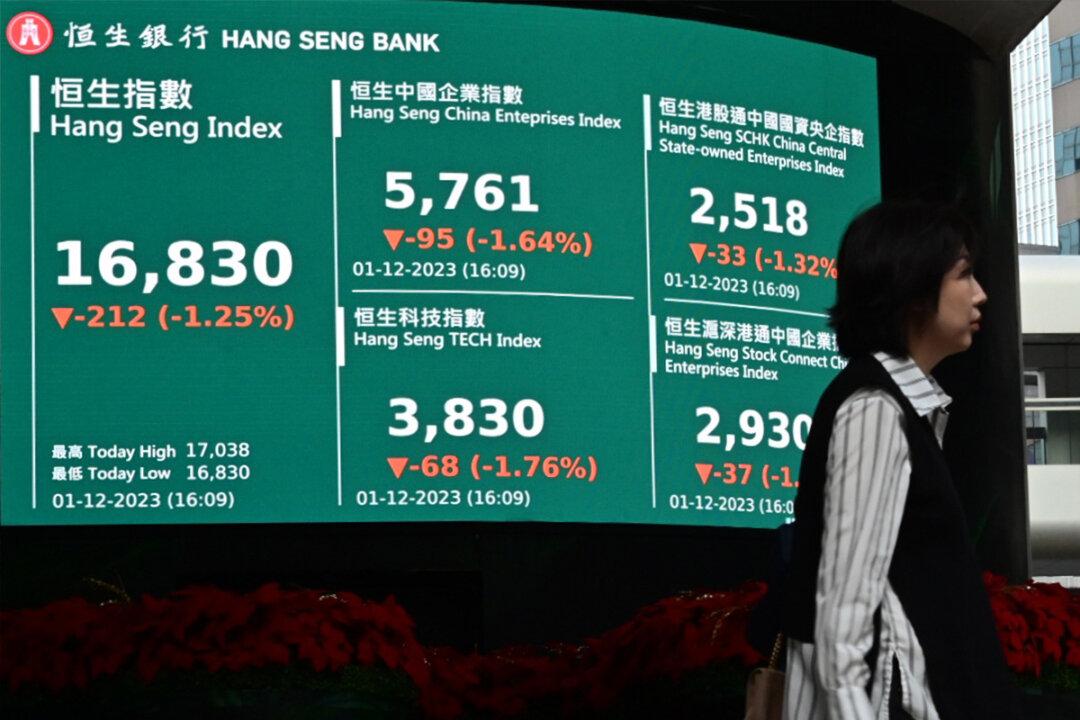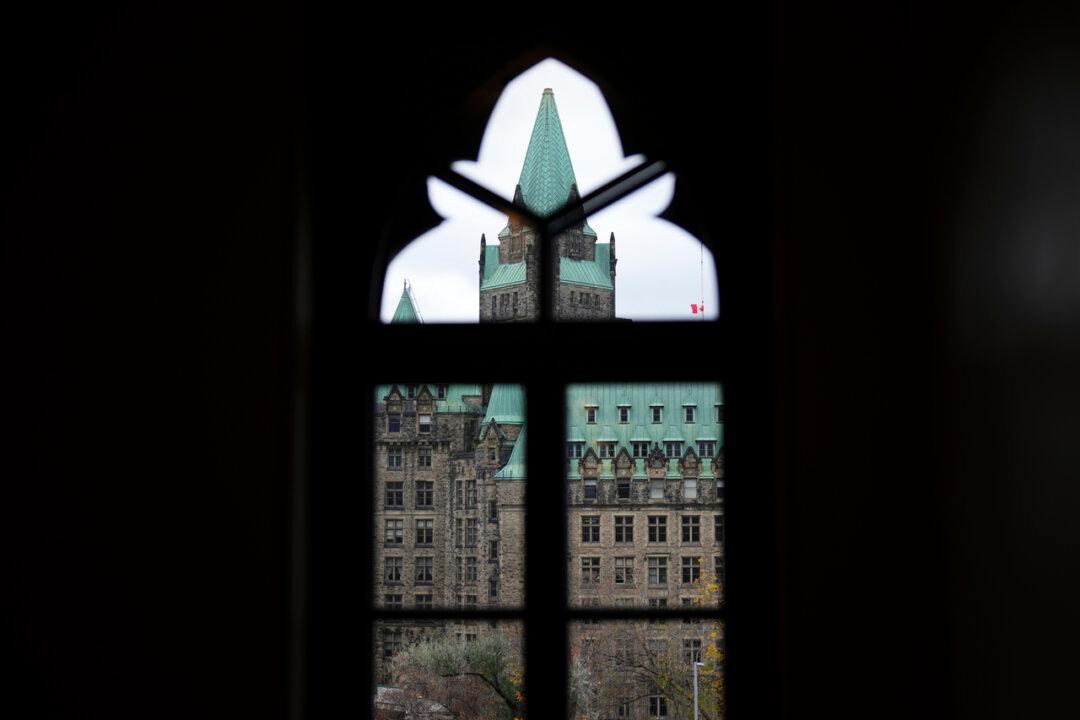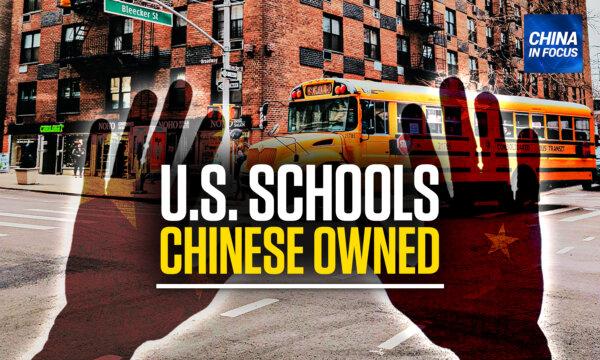 After Hong Kong implemented the “Hong Kong National Security Law (NSL),” and faced a wave of mass exodus and the pandemic, the performance of its stock market and real estate sector all points towards a scenario that Hong Kong’s past glory with
After Hong Kong implemented the “Hong Kong National Security Law (NSL),” and faced a wave of mass exodus and the pandemic, the performance of its stock market and real estate sector all points towards a scenario that Hong Kong’s past glory with HK Stocks Fall Below 1997 Level, Becoming a Relic of Its Former Self as an International Financial Center
 After Hong Kong implemented the “Hong Kong National Security Law (NSL),” and faced a wave of mass exodus and the pandemic, the performance of its stock market and real estate sector all points towards a scenario that Hong Kong’s past glory with
After Hong Kong implemented the “Hong Kong National Security Law (NSL),” and faced a wave of mass exodus and the pandemic, the performance of its stock market and real estate sector all points towards a scenario that Hong Kong’s past glory with  Canada’s inquiry into foreign interference says it will put in place in the next few months measures allowing those who fear reprisals from participating in the process to ask that their identity and other information be protected. In a Jan. 3 “Notice to
Canada’s inquiry into foreign interference says it will put in place in the next few months measures allowing those who fear reprisals from participating in the process to ask that their identity and other information be protected. In a Jan. 3 “Notice to The United States and China are holding competing drills in a hotly contested region—the South China Sea. What are the rising threats there? Deterring malign influence from China, Missouri is limiting the farmland foreign adversaries can buy. Why is the
The United States and China are holding competing drills in a hotly contested region—the South China Sea. What are the rising threats there? Deterring malign influence from China, Missouri is limiting the farmland foreign adversaries can buy. Why is the